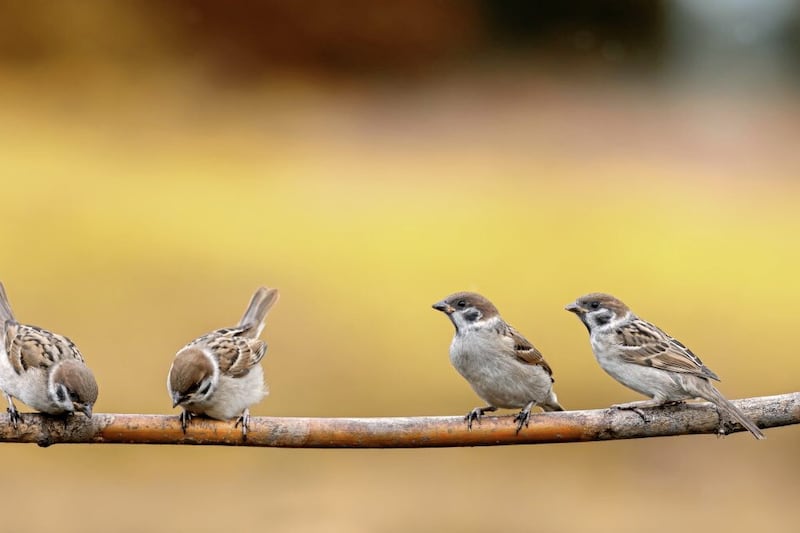THE late writer David Foster Wallace was once asked to give an address to the graduating class of Kenyon College. He started with an anecdote about fish. It went roughly like this: two young fish were swimming along when they pass an older fish. The older one nods and says ‘morning boys, how’s the water?’ The two younger fish say nothing and swim on for a bit, until one turns to the other and says ‘what the hell is water?’
The point Foster was making was that sometimes we are just either wilfully blind or genuinely ignorant to what’s around us. The fish are surrounded by water, they need it to survive, yet because it is such a part of their daily lives, omnipresent, ubiquitous, they just don’t take any notice of it.
It’s like if someone asked us ‘how’s the air?’Do we ever really think consciously about it? I would say no, unless it’s really awful, or spectacularly good (and even then it’s likely to be context specific, like in a big city full of smog, or up in the crystal clear atmosphere of the mountains)
Same at work (in normal times): we come in, we do our jobs and react to whatever is new, whatever is fresh or has just dropped into our inbox. We rarely think about the day to day, prosaic, routine of the environment we work in. We don’t consider the regular processes and procedures that we adhere to, the mental machinery we employ without consciously thinking.
It’s rare to find folks with a mind-set truly pre-disposed to continual improvement; where we challenge the ordinary, the regular, the boring, the mundane, to see if things are truly fit for purpose. We get too comfortable in routine and don’t want the agitation, the itch, the pain or the hassle of picking at, dissecting and analysing what works currently. We are afraid to make mistakes.
Think about someone new joining your team. Normally they will have a plethora of head scratching questions. Now people say there are no such things as stupid questions. I’ll clarify: there are, or at least they will appear that way to you. They just don’t seem stupid from the perspective of the person asking.
I’ll go further and say that for every stupid question, you’ll find a poorer answer coming back on something else. ‘It’s always been done this way’. ‘That’s the way it is’. ‘It’ll never change, so just get on with it’. These are not good answers. They are missing a ‘because’ at the end of it, an explanation or a reason.
How often do we dismiss suggestions from new people in the team because they are different for what we are used to? Because they challenge ‘the way we do things round here’ and it’s easier to go with the grain than stop and employ some critical thinking. Maybe they even make us feel embarrassed because we didn’t stop to ask that question ourselves.
And now we live in unique and unprecedented times. We have a new normal. In February, no one would have envisaged staying indoors so much, or wearing facemasks, or washing hands ten times a day.
With so many people working from home it gives us a chance to think through what and how we do things. To figure out what’s important and what’s not. To truly stop and think about what we do and how we do it.
We’ve just been put into fresh water folks, so let’s consciously take the time to open our eyes, think about what’s hidden in plain sight and take nothing for granted. And remember; penicillin, pacemakers and post-it notes were all born from mistakes, so don’t be afraid to make your own along the way when you are re-imagining things.
:: Barry Shannon (bshannon@cayan.com) is human resources director at TSYS Cayan in Belfast.








